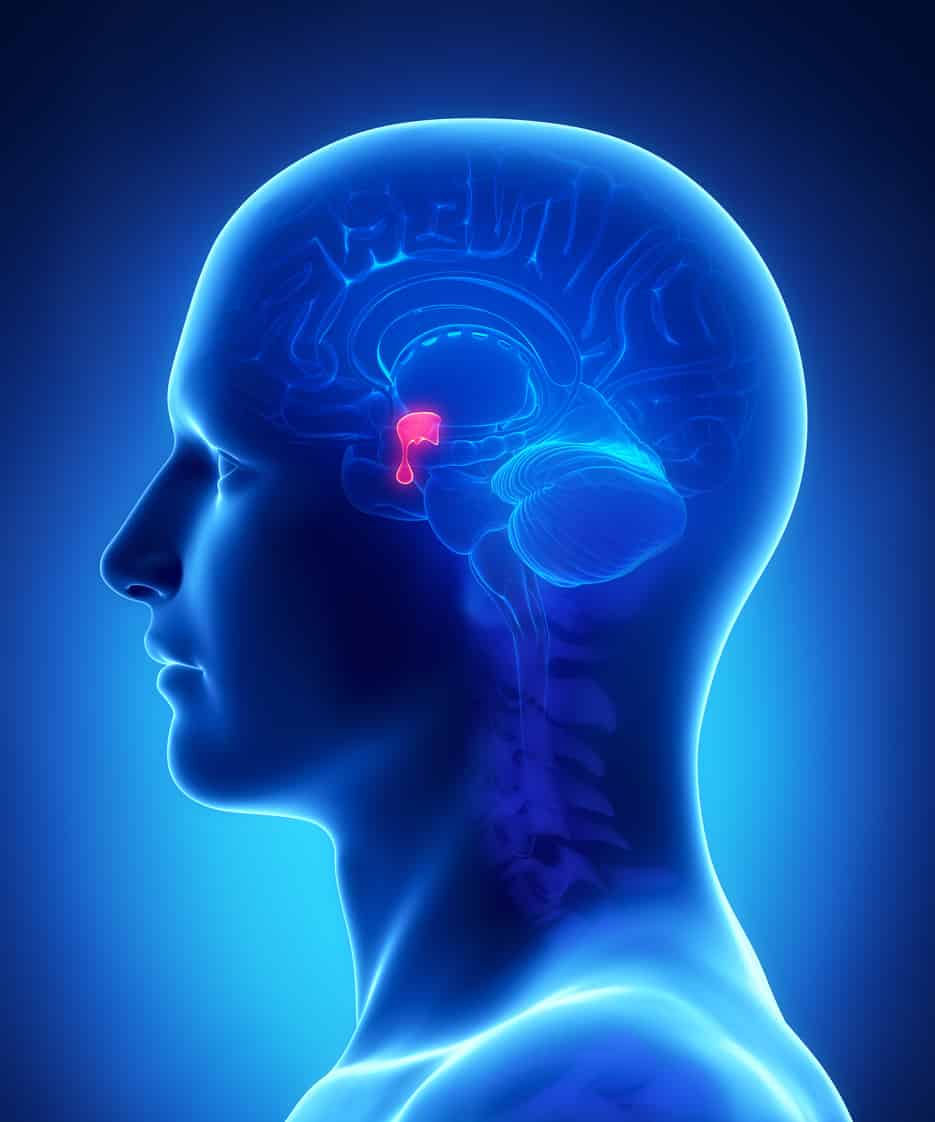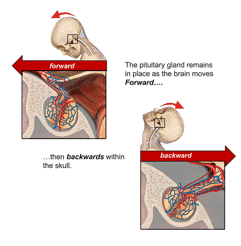
“My brother has a pituitary brain injury” – “I’m sorry, a what?”
I hear this phrase often. At 8 years old, my youngest brother was diagnosed with a brain tumor (“craniopharyngioma”). The tumor was found to be resting on his pituitary gland, located at the base of the brain. The removal surgery caused physical damage to his pituitary gland, and has left him with a permanent pituitary brain injury.
As will be explored below, the pituitary injury has affected almost every aspect of my brother’s life. He requires daily hormone replacement therapy in order to function. He continues to struggle with basic organization and time management tasks, as well as chronic fatigue, insomnia, depression, isolation and anxiety. Although extremely intellectually gifted, his condition has prevented him from pursuing meaningful employment and completing university.
A tumor is not the only cause of pituitary brain injuries. Many Traumatic Brain Injuries (known as “TBI”) and Acquired Brain Injuries (known as “ABI”) can result in injuries to the pituitary gland. In this article, I hope to shed some light on how to recognize the symptoms associated with pituitary brain injuries, how to get a proper diagnosis, and what treatment is available.
What Does the Pituitary Gland Do?
The Pituitary Gland is also known as the “Master Gland.” It is responsible for producing hormones that are essential to the functioning of other organs. It is responsible for growth hormone; blood pressure; sex organ functions; thyroid gland functions; metabolism; water regulation; temperature regulation; and pain relief.
How Can the Pituitary Gland Get Injured?
A person does not necessarily need to have undergone brain surgery to suffer an injury to his or her pituitary gland.
The blood and nerve vessels surrounding the gland are known to be extremely fragile, and can be injured in mechanisms often seen in traditional TBI cases arising from motor vehicle accidents and slip and falls.

Growth Hormones
If the portal vessels surrounding the gland get damaged by an injury, it can have a significant impact on growth hormone levels. Symptoms of a growth hormone deficiency include fatigue; poor exercise performance; feeling of isolation; mood changes; lack of motivation; becoming easily irritated; memory and concentration problems. The symptoms are similar in many respects to those of post concussive syndrome and PTSD, which makes the pituitary injury that much more difficult to properly diagnose.
Diagnosis of Pituitary Brain Injuries
An insulin tolerance test (ITT) is a medical diagnostic procedure that can be performed to assess pituitary function. Patients can obtain this test through an endocrinologist referral. If possible, patients should specifically ask for a referral to a neuroendocrinologist, who has the skill set to manage pituitary disorders from trauma or tumors, as opposed to endocrinologists, who tend to treat patients with diabetes, thyroid and hormonal issues that do not involve head trauma.
Treatment of Pituitary Brain Injuries
Hormone replacement therapy can be one of the first lines of treatment once a deficiency in the pituitary has been identified. My brother began his hormone replacement therapy immediately following his surgery. Without it, he would not have grown to be taller than 4’10. In addition to growth, daily hormone replacement therapy has been proven to help manage depression, insomnia and metabolism concerns that patients often face.
Given that many symptoms often manifest themselves as mental health-like symptoms, it took my brother over 10 years to get a proper acquired brain injury diagnosis and commence appropriate treatment. It is an unfortunate reality in Ontario that Brain Injury Services are severely underserviced. The wait times for intake appointments can range from 6 to 8 months. In order to have access to residences, patients are often put on 10 to 15 year wait lists. However, I truly believe that the first step in the right direction is proper diagnosis, and I hope this article can assist those facing a similar situation.
Howie, Sacks and Henry LLP has been an advocate of brain injury victims for almost 20 years. Whether as a result of a motor vehicle accident, slip and fall, medical malpractice, or if your injury has lead you to apply for long term disability insurance, our team of lawyers are here to help.





